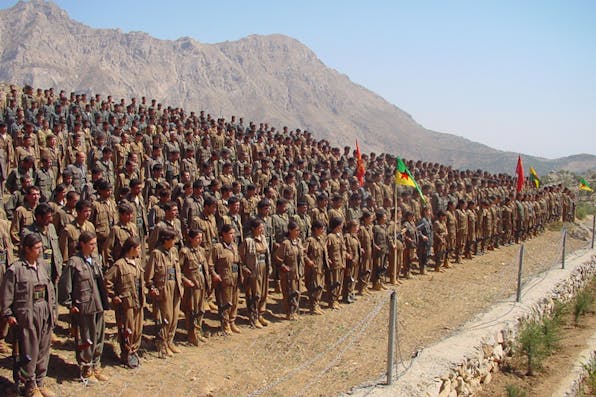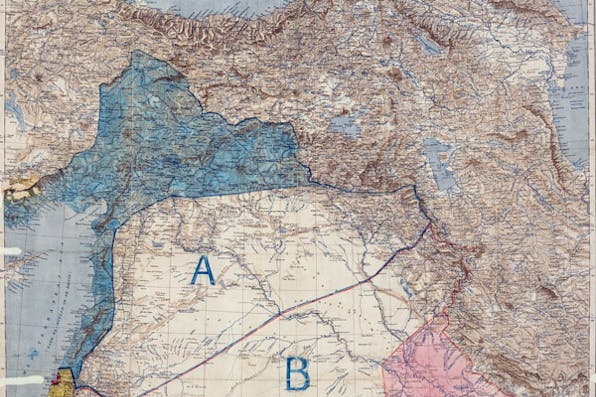
January 27, 2014
Objects in Mirror Appear Larger Than They Are
How long before the "strong" Arab states of the Middle East follow Syria, Iraq, and Libya into chaos?
I am grateful to Michael Doran, Efraim Inbar, Martin Kramer, and Robert Satloff for their extensive comments on my essay. Although we disagree, sometimes fundamentally, about many aspects of the issues raised, I regard this exchange as the start of a long-overdue discussion about the new strategic challenges and opportunities facing Israel.
To that discussion, each of the respondents contributes his own particular insights and distinctive brand of expertise. But, beyond their differences, all four approach the Middle East region from a broadly common, “realist” perspective that contrasts sharply with my own “activist” outlook. That perspective informs their individual diagnoses and, even more so, their policy proposals for Israel.
Of the four, Michael Doran is the most willing to consider active Israeli initiatives, at least as a thought experiment; but these he would direct toward solidifying the “confluence of interests between Israel and the Sunni Gulf states, Saudi Arabia first and foremost.” For his part, Efraim Inbar, the most explicit in his embrace of realpolitik, considers Israeli capabilities to be inherently limited and finds little to rely on in any of the region’s emerging minorities, whom I named as potentially new partners for the Jewish state; his watchwords are patience and prudence. Martin Kramer is more scathing: dismissing an activist stance as dangerously “romantic” and historically abortive, he agrees with Inbar about the weakness of the regional minorities, in preference to whom he, like Doran, urges cooperation with the Sunni authoritarian regimes led by Saudi Arabia, however distasteful they may be. Writing from a somewhat different angle, Robert Satloff minimizes the long-term effects of the current regional turmoil, characterizing as a “fad” the idea that the old Sykes-Picot borders are collapsing and insisting that the Middle East state system is here to stay. That being the case, he, too, would have Israel turn to the authoritarian Sunni regimes and help “shore up a system that has served Israel well and that may even, in the case of Egypt, be shoring itself up on its own.”
Responses to January ’s Essay

January 2014
What Would Ben-Gurion Do
By Michael Doran
January 2014
More Important is Patience
By Efraim Inbar
January 2014
Beware an Alliance of the Weak
By Martin Kramer
January 2014
The Middle East—It’s Bad Enough As Is
By Robert Satloff
January 2014
Objects in Mirror Appear Larger Than They Are
By Ofir Haivry